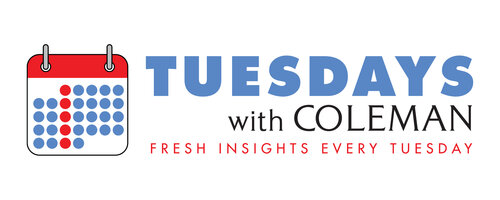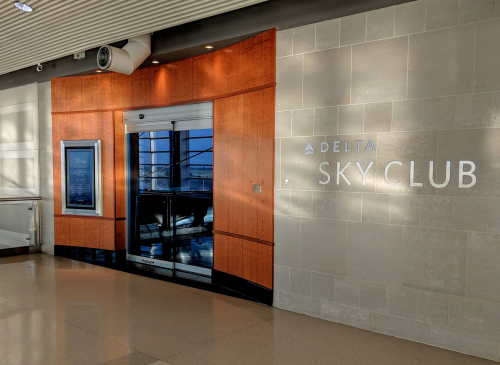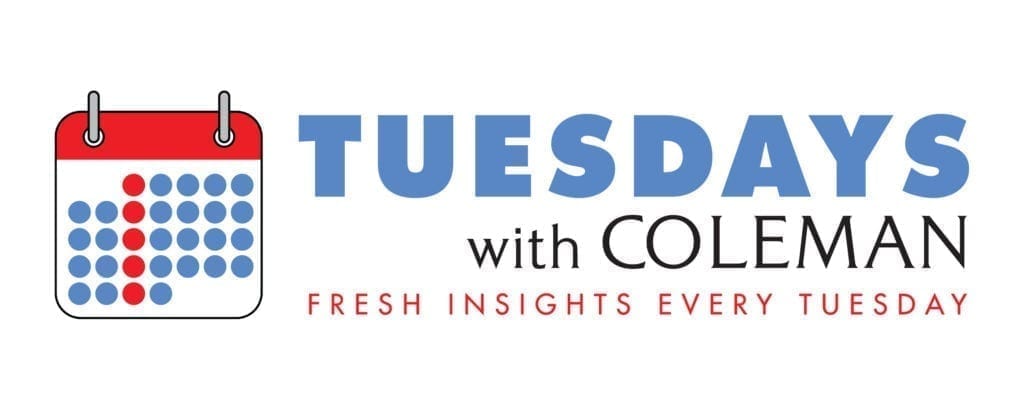
On May 4th, Delta Air Lines sent an email to their database with the subject line “Updates to Your Delta SkyClub Access.” In the email, Delta explains that, due to an increasing number of guests to the clubs in recent months, the airline would begin restricting access to the clubs to three hours before your flight and during connections. The email included this fateful line: “With the exception of arriving Delta One customers, Club access will be unavailable for arriving customers without a connection.”
Delta’s social media channels lit up almost immediately following the email. While many complaints were of the general variety, a key theme emerged. Customers who use Delta for business trips (a crucial client base for most airlines) enjoy using the SkyClub when they arrive. Delta was barraged with examples of customers who use the clubs after a flight prior to a meeting, including getting changed or even taking a shower in some locations. Others mentioned using the space for last-minute preparation.

Regardless of the specific angle, it was clear Delta had irritated many of its most loyal customers and the feedback was there for the airline to listen to.
Surprise, it did.
On May 12th, Delta sent another email with the header “We’re Listening to Your Feedback.” In it Delta acknowledges the negative response: “We heard your feedback in response to the updates, including that some customers want to visit a Club to refresh after landing or to recharge ahead of a meeting.” The email goes on to reverse the previously announced policy change: “Arriving customers – with or without a connection – will be able to enjoy the Club upon arrival, as you do today.”
It’s probably safe to assume many customers of any company harbor a certain level of cynicism that their feedback will be listened to, much less acted on. If you think about when you made changes to your own brand, a great many calls and meetings likely took place before the changes. It’s a hassle to change something back. Perhaps even more of an obstacle is the requirement that it requires admitting you were wrong.
But listening to and acting on customer feedback is in the DNA of many of the most successful brands, including ones we have the privilege to call clients and strategic partners. Most brands don’t have the advantage of having 1.6 million Twitter followers, allowing Delta instant valuable feedback on their decision. Qualitative research like our Campfire Online Discussion Groups and 20/20 Focus Groups allow our clients to understand the “whys” behind what their listeners like and don’t like about what they offer. This deeper level of feedback provides a competitive advantage for those that utilize it.
The willingness to make strategic changes based on feedback, particularly when it is contrary to what you thought was the right decision, should be celebrated.
Embrace listening to your customers, and the rest will fall in place.

